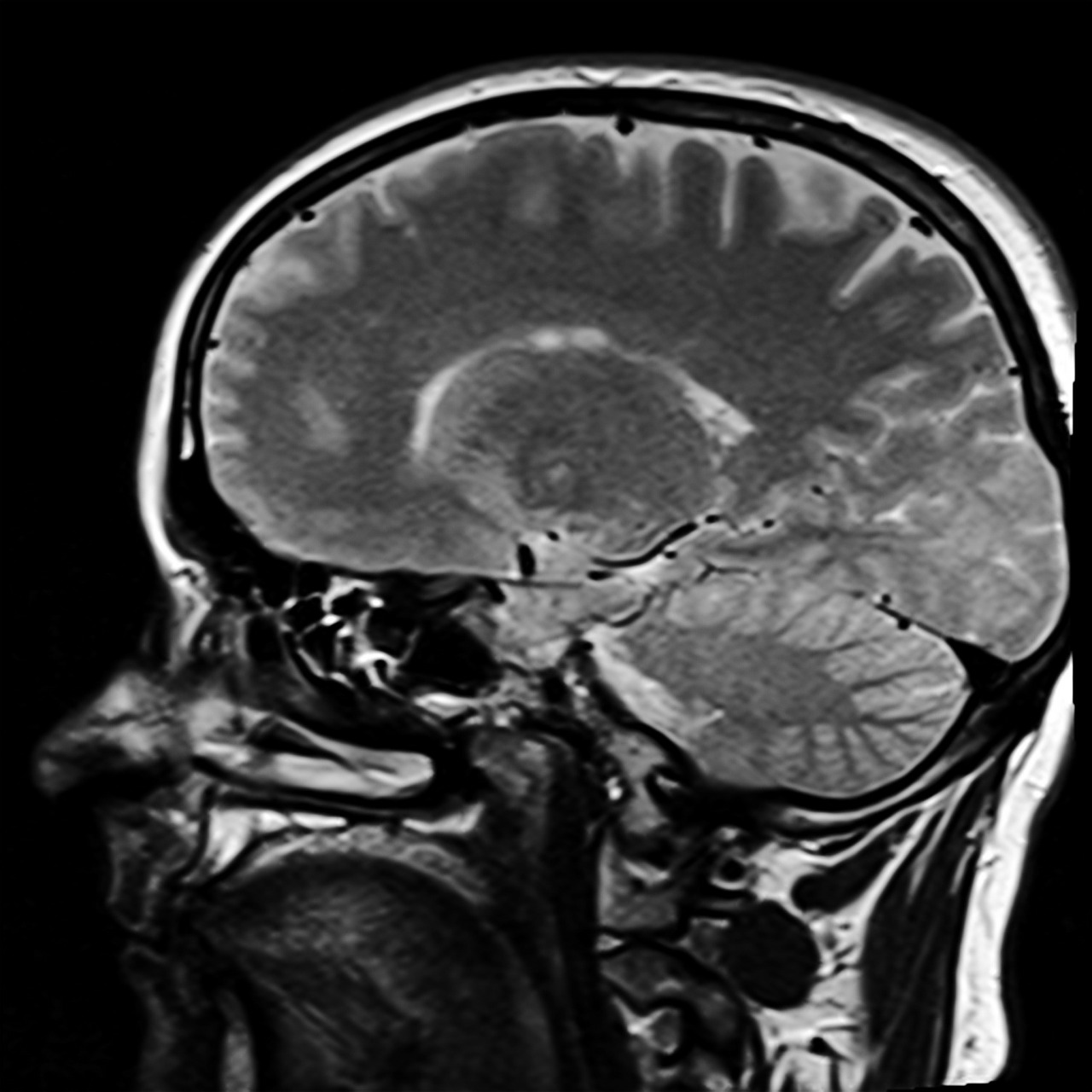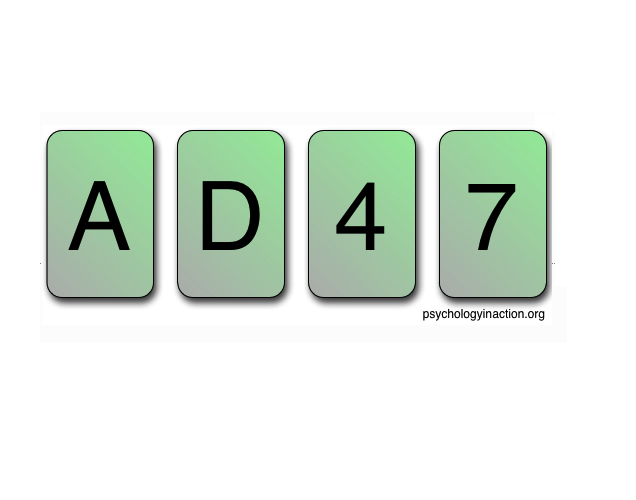-
“Mental Notes: Music, Cognition, & the Brain” Symposium – May 23, 5pm
Mental Notes Flyer Psychology in Action is proud to announce the second annual Psychology Interdisciplinary Events symposium, Thursday, May 23rd, 2013, from 5 to 7pm in UCLA’s CNSI Auditorium. The discussion will focus on the intersection of music, psychology, and neuroscience. The event is completely FREE and open to the general public! We hope to see you there!…
-
Former Israeli Prime Minister’s Significant Brain Activity – How Do We Know?

Israeli scientists and UCLA’s Dr. Martin Monti recently found that former Prime Minister Ariel Sharon demonstrates significant brain activity. Seven years ago Sharon suffered two strokes. The second stroke caused him to lose most of his consciousness. Sharon is in a minimally conscious state, a little more aware than a coma or a persistent vegetative…
-
Music Cognition
One of the most fascinating and quickly growing subareas of psychology and the cognitive sciences is music cognition, the interdisciplinary study of how the brain processes and perceives music. Music cognition is driven primarily by the perception of tempo and pitch, as well as the important concept of expectation.
-
Perceptual Learning: Applications to Education
My lab at UCLA has been in the news twice recently, which is very exciting for us! You may have seen this article in the NYTimes last week or this interview on CBS’ The Early Show this morning. Both stories are about perceptual learning and its applications to education. I thought in this post I…
-
What are the Areas of Study within Psychology?
The field of psychology had its modern origin just over 100 years ago, and yet interest in the field has grown rapidly. Researchers with broad and varied interests have expanded the field, and as a result there are many different subdisciplines. Highlighted here are several key areas of psychology. Biological psychologists apply biological principles to…
-
What is Cognitive Science?
This article originally appeared in the Psychology in Action Newsletter (Issue 5, Part B). If you’re in an introductory psychology class, you’ve probably learned about Freud, Skinner, and Piaget, who were profoundly important in the foundations of psychology. But you probably haven’t heard much about Noam Chomsky or Allen Newell, although both of these people…
-
Desirable Difficulties in Math Teaching
Continuing in the spirit of my last post, which overviewed the desirable difficulties literature, and Carole Yue’s recent post on how desirable difficulties can improve induction tasks, today I’m highlighting some recent research on applying such difficulties to math learning and practice. As a quick recap, desirable difficulties are adjustments to teaching that slow down…
-
Synesthesia: When Ordinary Activities Trigger Extraordinary Sensations
Many of us have had the experience of unusual associations between our senses and our memories. Perhaps a certain smell unexpectedly reminds you of a grandparent, or certain foods evoke memories of old friends. Associations between memories and sensory experience are normal, but about 4% of the population experiences a condition called synesthesia in which…
